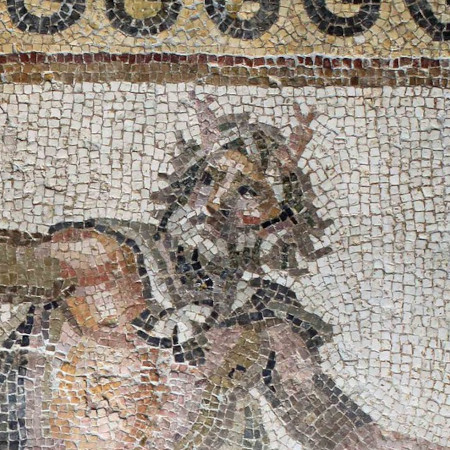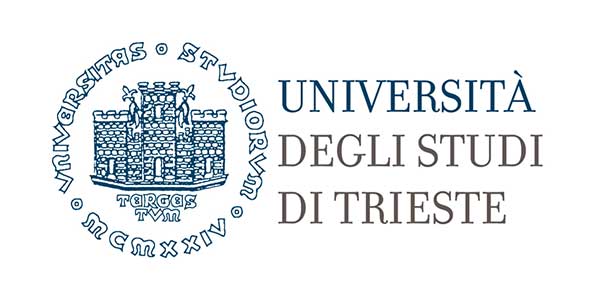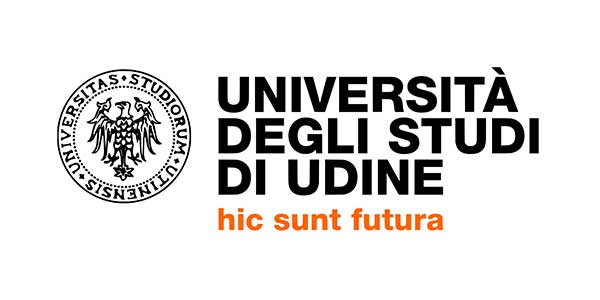PhD in
Ancient Heritage Studies
Final results - call for applications 41th cycle (a.y. 2025/2026)
Applications and Selections are closed. You will find all results, according to the schedule, on the page dedicated to Selections.
For further information, please contact the PhD Office (phd.application@unive.it)
Coordinator
Educational aims
The name “Scienze dell’Antichità” (Ancient Heritage Studies) is consistent with a unitarian vision of the ancient world rooted in the 19-th century idea of Alterthumswissenschaft: the various topics and disciplines pertaining to the historical and interpretive issues posed by monuments and texts, work through specific methods and procedures but all fit in a complementary and common framework with shared goals and objectives. The programme is articulated in three curricula:
- Philological-literary curriculum: textual transmission, intertextuality, translations, literary history, exegesis of texts both preserved on papyrus and through the medieval tradition
- Historical curriculum: historical, epigraphical and philological research on the Near Eastern, Aegean, Greek and Latin world
- Archaeological curriculum: archaeological research on the pre-historic, proto-historic, Near Eastern, Aegean, Classical, Medieval and post-medieval world.
Within these curricula, each of which following a consolidated scientific methodologies along internationally acknowledged patterns and parameters, the PhD programme aims at training young scholars with a highly qualified preparation, addressed not only to the world of academic research, but also to work in the public or private sector. Through a regular series of research seminars, both specialised and interdisciplinary, organised by each of the three universities in full coordination with the other two, and through formal moments of presentation and sharing of their research (whether directly connected to the thesis or not) before the academic staff, students will acquire both a strong competence in the specific area of their expertise, and a full consciousness of the possibilities for dialogue and mutual comparison between the various branches of the Ancient Heritage studies.
Why this PhD programme?

The originality of this PhD programme - even on a national niveau - resides precisely in the constant interaction between the various “souls” of the Ancient Heritage studies, elsewhere often dismembered in different departments and institutions: here we have continuous and fruitful interaction and interchange between orientalists and classicists, between historians of the Greek world and archeologists of the Near East, between specialists in the history of Latin epigraphy and expertes in the history of manuscript collections etc. A high value is given to the innovative technologies applied to archaeological research (the latest developments in the GIS technology; the environmental approach to the reconstruction of cities and societies of the ancient and medieval world; new databases for the tracing and recovery of the illegally looted heritage etc.), to historical research (above all the study of Greek and Latin inscriptions, their integrations, the study of fakes etc.), and to philological research (several projects revolve around new digital editions or the development of softwares that may unravel formulaic or expressive peculiarities of texts).
The openness to students from other national and - recently - international universities proves a key element in attracting some of the most brilliant and motivated young researches. Foreign candidates regularly apply to our programme (some of them win!), and an intense policy of exchanges and joint degrees has allowed several of our students to spend long periods in various European and American universities, not to mention the special agreements with institutions in the field, such as the Scuola Archeologica Italiana di Atene, where a numer of our students have spent several months.
Research themes
- Literatures and philologies of the ancient world (Greek language and literature; Latin language and literature; classical philology; papyrology; Greek and Latin palaeography; early Christian literature; Medieval Latin literature);
- Archaeology (prehistoric and protohistoric archaeology; history of art and archaeology of the ancient Near East; Egyptology; classical archaeology; Etruscology and Italic archaeology; ancient topography; Medieval and Christian archaeology);
- Ancient history (Greek history and epigraphy; Roman history and Latin epigraphy; history of the ancient Near East; Assyriology, numismatics; history of ancient historiography).
Professional profiles
Teaching in Secondary School: the preparation given by the PhD programme enables students to get acquainted with the most recent developments in the fields of Greek and Latin literature and of Ancient and Medieval history, with a special focus on the link with the local area and the development of new teaching methods
Academic career: the international thrust of the programme bring students in contact with some of the most prestigious international academic institutions, thereby buinding the basis for cooperations and professional team-work that often extends even after the viva. Specific skills in the field of academic writing, editing and publishing also enables these students to apply for research grants and post-doc scholarships, as well as to apply to competitive calls on the national and international niveau
Public administration: the PhD is a (sometimes required) title in national calls for archeologists, archivists, librarians of the Italian Ministry of Culture: the cooperation with local and national institutions, and the established links with several archeological sites, libraries, and museums, guarantee a strong connection with the knowledge of the Italian cultural heritage, and with the network presiding over its preservation. In particular, aside from the calls for public servants in the archeological Soprintendenze and in the Ministry of Culture, the PhD title also guarantees access to the free profession of archeologist cooperating with state institutions: the students in our programme are always familiar with this kind of profiles given their regular participation to fieldwork excavations both in Italy and abroad, as well as to cataloguing and research work on the finds
To all this may be added the traditional profiles of experts in the field of publishing and of the high-brow cultural industry.




